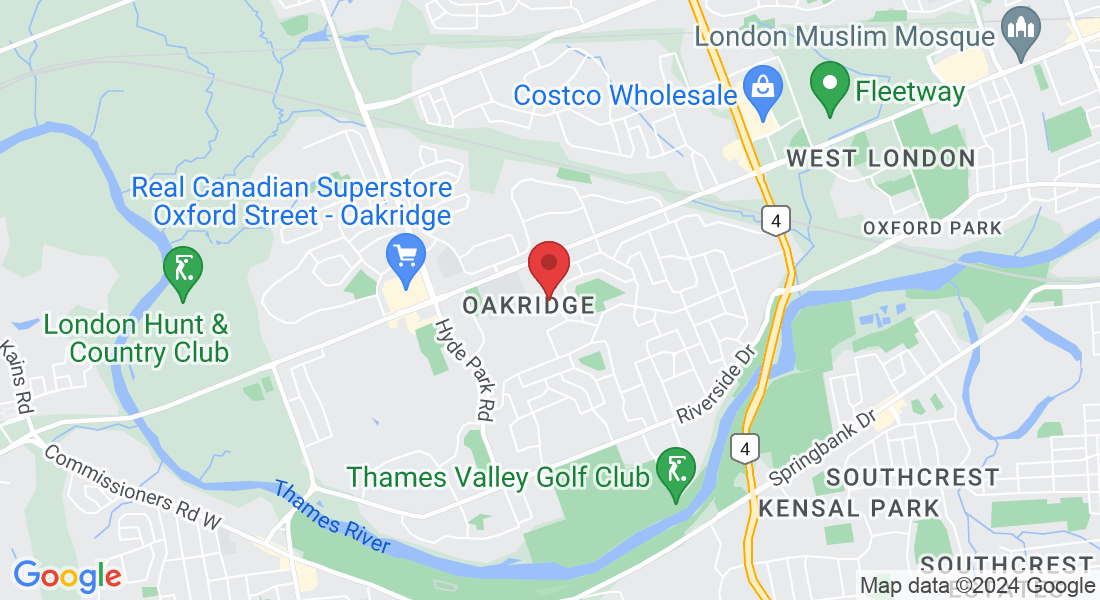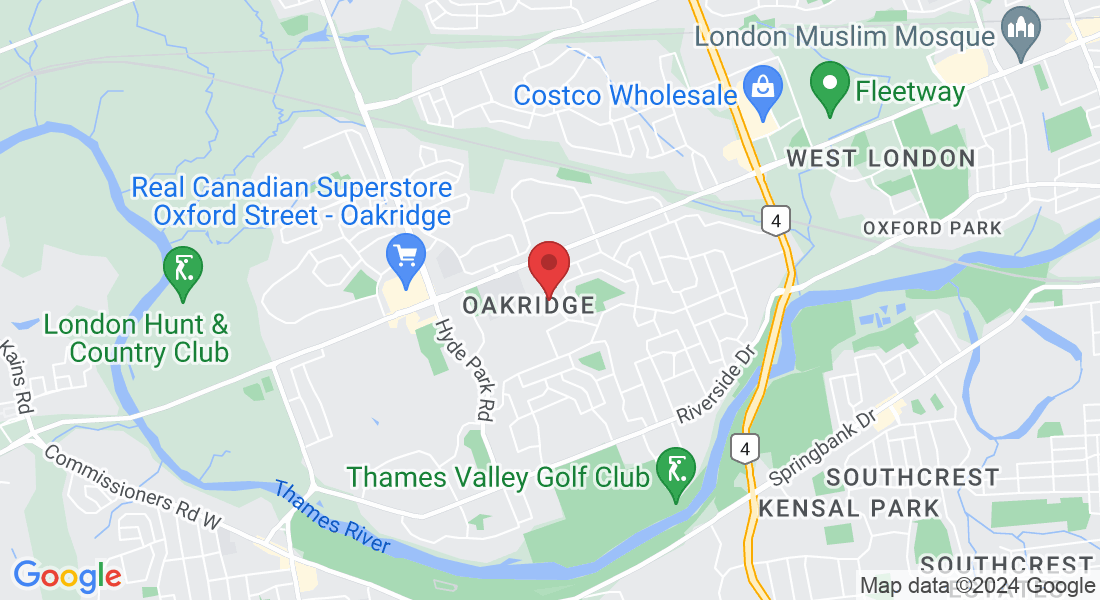Welcome
Legacy Electrical
Residential/Commercial Electrical Contractor
Welcome
Legacy Electrical
Residential/Commercial Electrical Contractor

ABOUT US
ABOUT US
At Legacy Electrical, we prioritize the careful and accurate completion of your electrical repairs and installations. If you suspect that your electrical system could potentially be damaged, call Legacy Electrical right away and we will send a knowledgeable electrician for your residential or commercial electrical services needs. Our highly qualified electricians proudly cater to those in the London, ON area. Contact us today!
At Legacy Electrical, we prioritize the careful and accurate completion of your electrical repairs and installations. If you suspect that your electrical system could potentially be damaged, call Legacy Electrical right away and we will send a knowledgeable electrician for your residential or commercial electrical services needs. Our highly qualified electricians for commercial, residential, and industrial electrical services proudly cater to those in the London, ON area. Contact us today!
SERVICES
Residential
Commercial
Industrial
SERVICES
Residential
Commercial
Industrial
TESTIMONIALS
CUSTOMER REVIEWS

Bryan Baar

"Corey and his team did an excellent job. He replaced the panel and service at my rental after a tornado ripped the service off the building. I then had him redo the mast at my fathers place from same storm. So happy with his reasonable price professionalism and responsiveness I had him wire my new hot tub. Another job well done. No hesitation recommending Legacy Electrical."

H.P

"We hired Legacy Electrical to install a new panel as well as run some additional wiring. This was not our first time dealing with this company which is precisely why we hired them again. Of the half dozen times Legacy has been out to our house to provide services we always walk away from the transaction fully satisfied and confident that we hired the right people. Every encounter is professional, courteous, knowledgeable and well worth our time and money. The attention to detail from set up to clean up is outstanding leaving us with a worry free experience every time. We have recommended Legacy to friends and family over the years and will continue to do so because when you stumble upon something this good and reliable it’s hard not to want to share it with those you love. A big thank you to Cory and his fantastic team for years of outstanding service!"
FAQS
What should I do if I have an electrical emergency?
If you have an electrical emergency, such as a fire or shock, the first thing you should do is call 911. Once you are safe, you should contact an electrician to repair the problem.
What is the difference between a GFCI outlet and a standard outlet?
A GFCI outlet, or ground fault circuit interrupter, is a type of outlet that provides protection against electrical shock. GFCI outlets are required in wet areas, such as bathrooms and kitchens, because they can help to prevent electrocution if a person comes into contact with water while using an electrical appliance.Standard outlets do not provide the same level of protection as GFCI outlets. If you are using an electrical appliance in a wet area, it is important to use a GFCI outlet to protect yourself from electrical shock.
What are the different types of electrical wiring?
There are two main types of electrical wiring: solid and stranded. Solid wire is made up of a single piece of metal, while stranded wire is made up of multiple strands of metal twisted together. Solid wire is typically used for low-voltage applications, such as residential wiring, while stranded wire is typically used for high-voltage applications, such as commercial and industrial wiring.



